
Spider-Man is returning to his Marvel home.
Sony has long owned the rights to the superhero, but will finally share him with Marvel Studios, first for a yet-to-be-announced crossover film with other Marvel characters and then for his own solo outing. Movie analysts have long speculated that Sony would turn to Marvel (and its parent company Disney) for help with the character whose films have been flailing as of late — at least compared to the mega-empire that is the Marvel Avengers’ franchise. But how Spider-Man returned to Marvel, and who benefits from this partnership, is a complicated web. Let’s try to untangle it:
Sony buys the rights to Spider-Man
Back in 1985, before superhero films had blockbuster appeal (just try to imagine it!), Marvel put the feature film rights to Spider-Man up for sale. There weren’t many takers, but eventually the comics company struck a deal with Cannon Films, which proceeded to go bankrupt. After years of litigation, Marvel finally reclaimed the rights to Spider-Man in 1999, at which point they sold them to Sony Pictures for a reported $7 million.
This wasn’t the only hero Marvel sold off. The struggling comic book company sold the film rights to the X-Men and Fantastic Four franchises to Fox and the rights to Iron Man, Thor, The Hulk and Captain America to various other studios. It wasn’t until Disney bought Marvel in 2009 that they began the arduous process of buying the characters back, beginning with Iron Man, Thor and Captain America from Paramount Pictures in 2013. (Universal returned to film rights for the Hulk in 2003, but it still owns the distribution rights, which is why Marvel has yet to make a solo Hulk film. Both the Edward Norton and Eric Bana pictures were Universal creations.)
Why did Disney go to the trouble? Because Sony released its first Spider-Man film in 2002 and raked in $821 million. That movie changed everything.
The first Spider-Man movie kicks off a golden age of comic book films
If you’ve experienced comic book movie fatigue in the past decade, you can blame Spider-Man. Before Robert Downey Jr.’s Iron Man built his robot prototype in a cave and before Christian Bale’s Batman fell down that well, Tobey McGuire’s Spider-Man swung into theaters and ensnared audiences’ hearts in his web. Those three original Spider-Man films (from 2002-2007) launched a new kind of superhero movie that leaned heavily on CGI technology for mass appeal, but also had an emotional core.
It was that depth, tempered by with a sense of light humor, that brought audiences back to find out how Peter Parker and Mary Jane fared, or whether Peter honored his dying uncle’s words. The first Iron Man film, released just one year after the Spider-Man franchise wrapped, began to refine the formula.
Sony’s Spider-Man flounders
After Iron Man proved a hit ($585 million), Marvel quickly began to dominate the comic book universe, outshining the Sony Spider-Man films, the Warner Bros./DC Comics Batman and Superman films and Fox’s X-Men films.
In 2012, Sony rebooted the Spider-Man franchise as The Amazing Spider-Man with Andrew Garfield and Emma Stone; the movie was well-received by fans. But last summer, The Amazing Spider-Man 2 grossed less than the first and was handily beaten by Marvel’s Guardians of the Galaxy — one of Marvel’s lesser known and more offbeat franchises.
MORE: A Comic Book Dummy’s Guide to the Marvel Universe Plan
This was bad news for Sony, which has little blockbuster firepower lined up for the next several years, aside from the Spider-Man and James Bond franchises. (Prospects are so dismal they’re reportedly considering mashing up Men in Black and 21 Jump Street.)
Spider-Man needed saving, and Marvel Studio Head Kevin Feige, who has produced 10 blockbusters in a row, looked like the people to do it. But why would Marvel want the rights to Spider-Man back?
What Marvel gains: The Civil War plot
First, Spider-Man is one of the most popular superheroes in the world. This will be his sixth movie in 15 years, and yet people are still excited to see him. Merchandising alone will be massive. And as Feige told Wired in 2012, “Clearly we would prefer everything be at home, so to speak.”
But more important, Spider-Man can now become a member of the Avengers. Comic book readers will have missed the wise-cracking Spidey in previous Avengers films. But his absence would have been most jarring in 2016’s Captain America: Civil War. Spider-Man plays an integral role in the Civil War plot line in the comic books, and though Sony and Marvel have yet to say in which film “the new Spider-Man” will make his debut, the 2016 Captain America movie would make a lot of sense.
It’s a relief to comic book fans that the studios came to this decision. After all, Marvel isn’t above playing dirty: The comic book arm of the company is canceling the Fantastic Four comic book series next June, two months before Fox’s film reboot of the franchise with Miles Teller and Michael B. Jordan.
Bad news for Andrew Garfield and Carol Danvers
Even though fans are rejoicing, the announcement is bad news for some. The language of “new Spider-Man” announcement suggests that Andrew Garfield will be recast. And to make room for the new Spider-Man movie on July 28, 2017, Marvel has to reshuffle its calendar. Thor: Ragnarok will be delayed until November 2017, Black Panther delayed until July 2018, Captain Marvel until November 2018 and Inhumans until July 2019.
Fans have long been lobbying for a female superhero film and were overjoyed to hear that Captain Marvel would hit the big screen in the summer of 2017. (A Warner Bros. Wonder Woman movie and a film about a female character from the Spider-Man universe from Sony are also scheduled for that summer.) Now Carol Davners has been pushed until fall 2018, delaying her debut until after the two other ladies.
Read Next: Meet Captain Marvel: Fighter Pilot, Feminist and Marvel’s Big Gamble
See How Marvel's Wolverine Has Evolved Over The Years
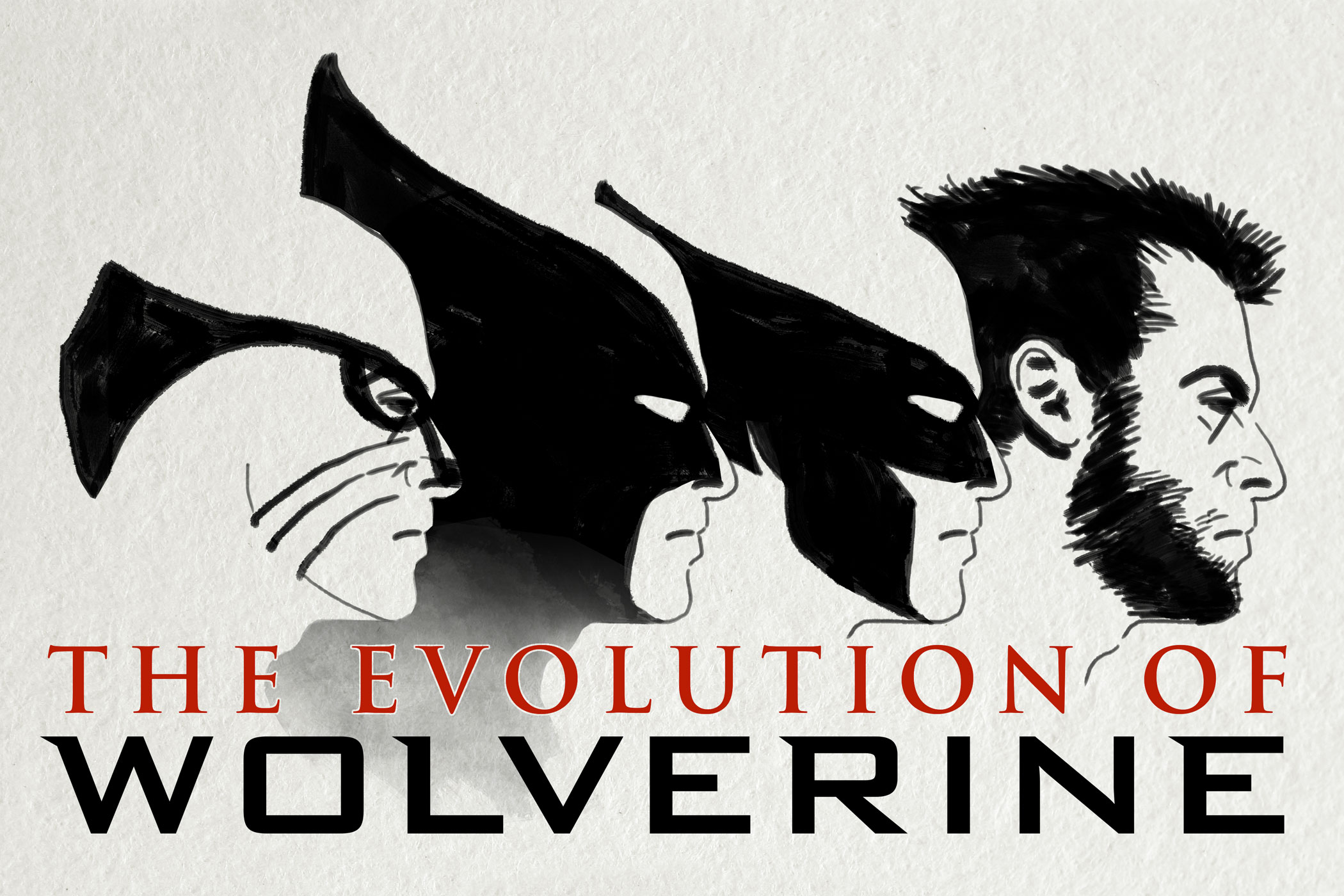
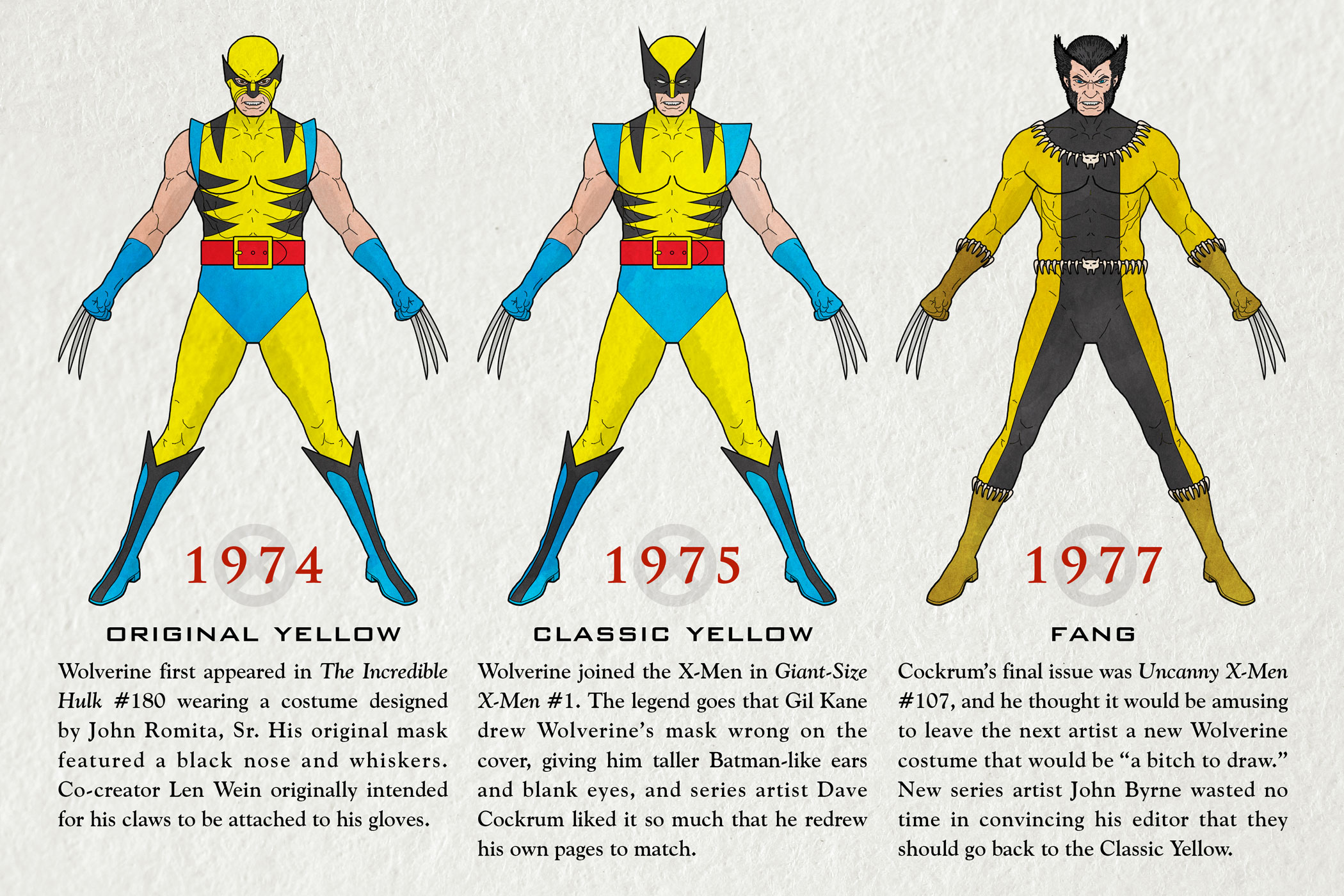
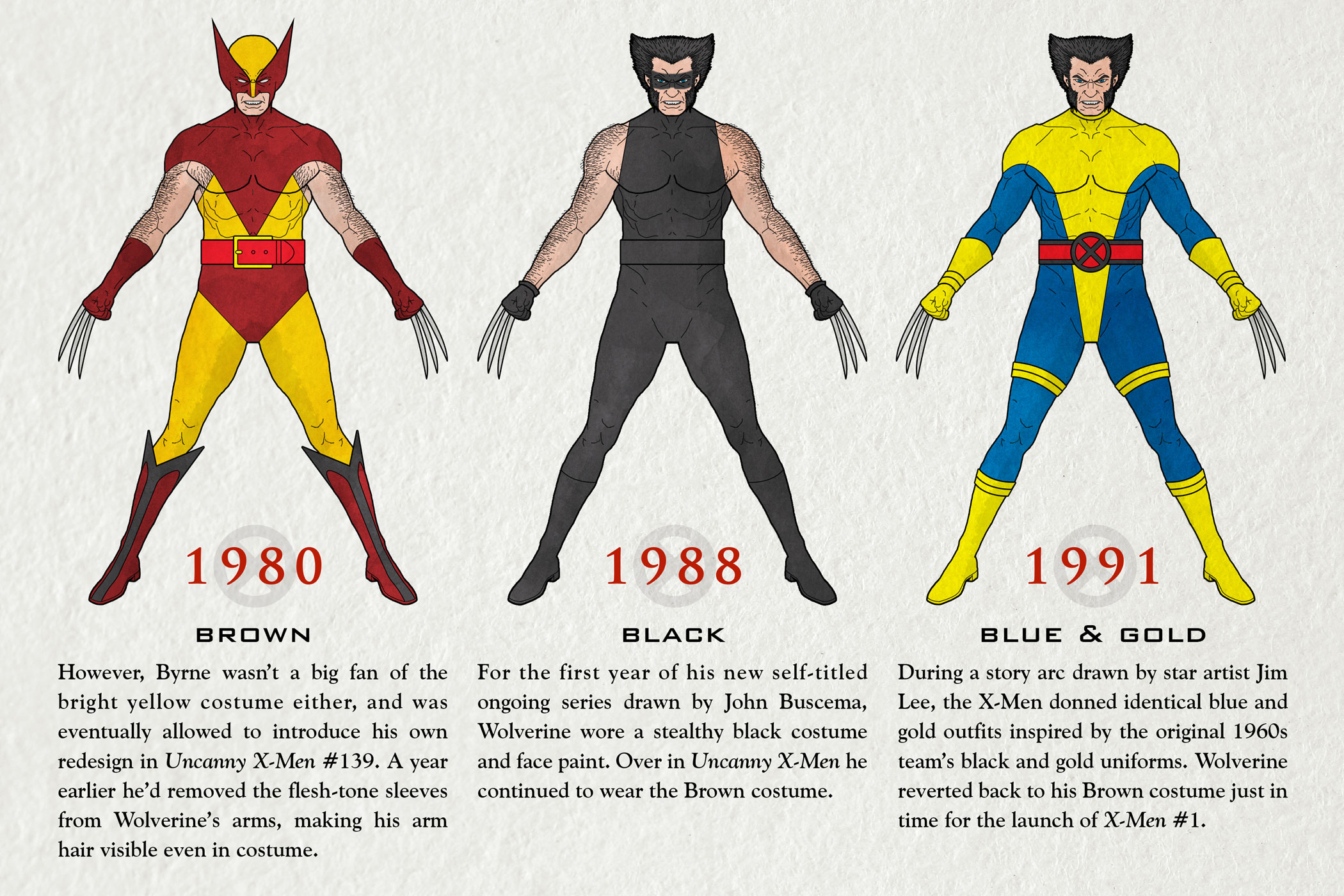
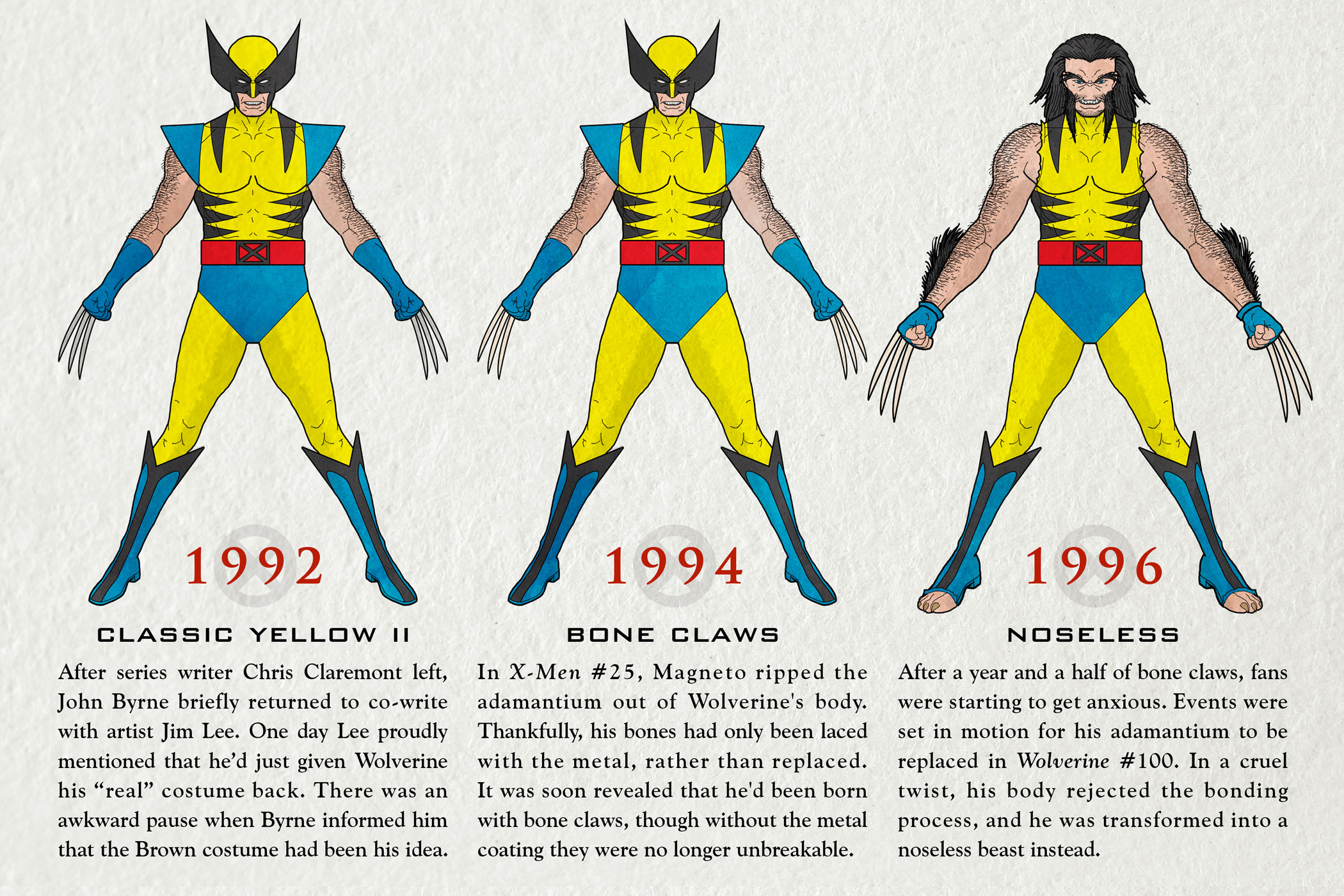
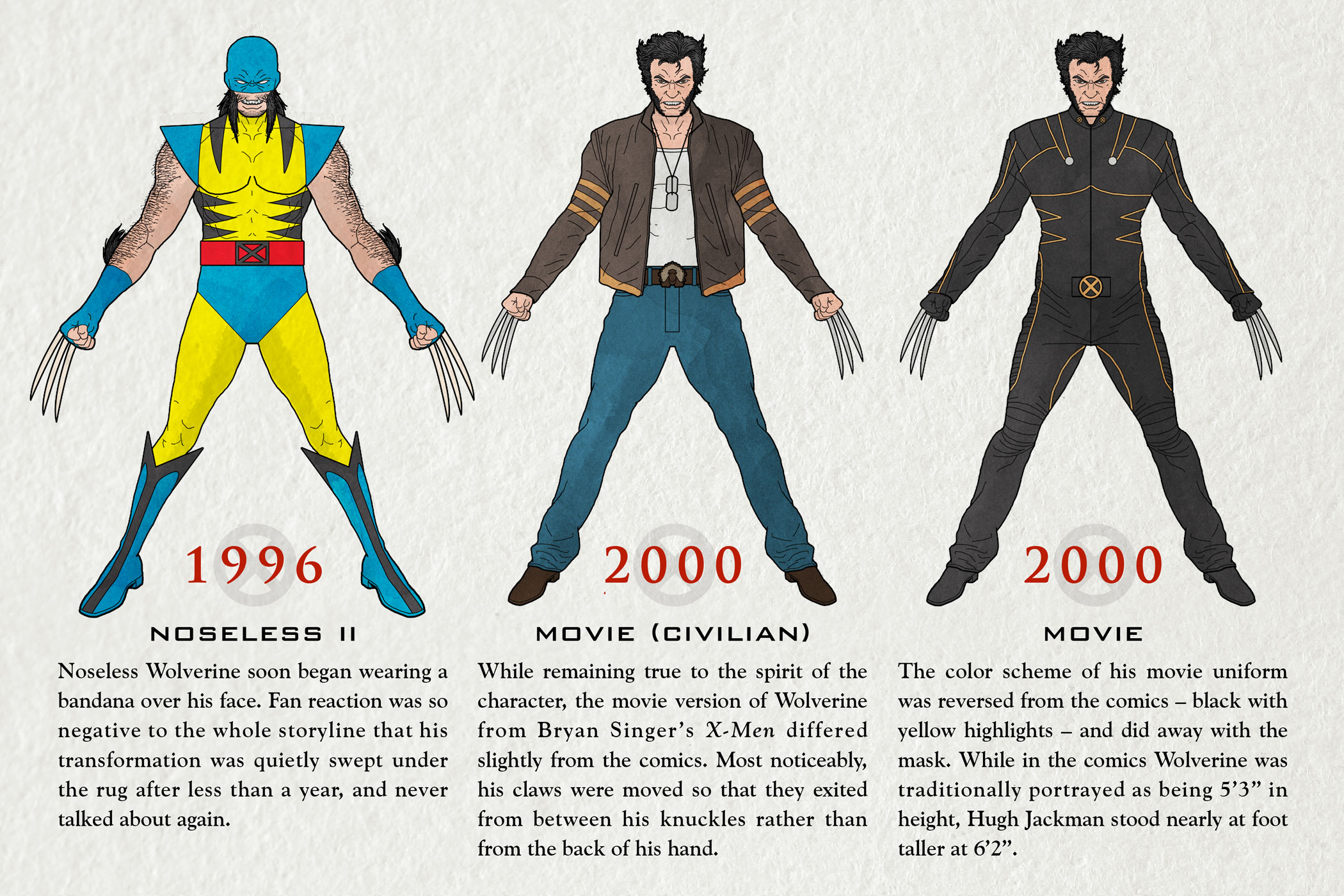
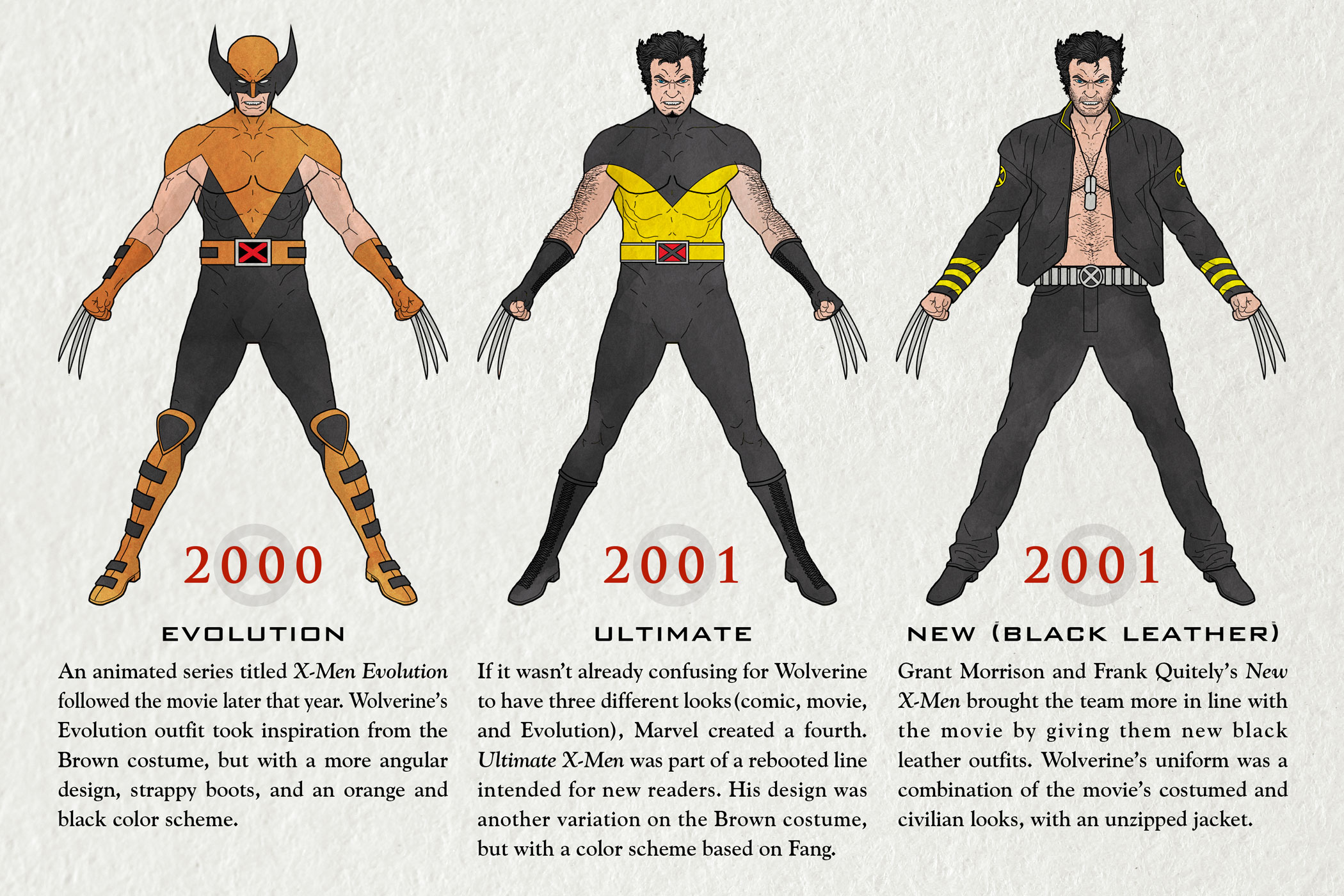
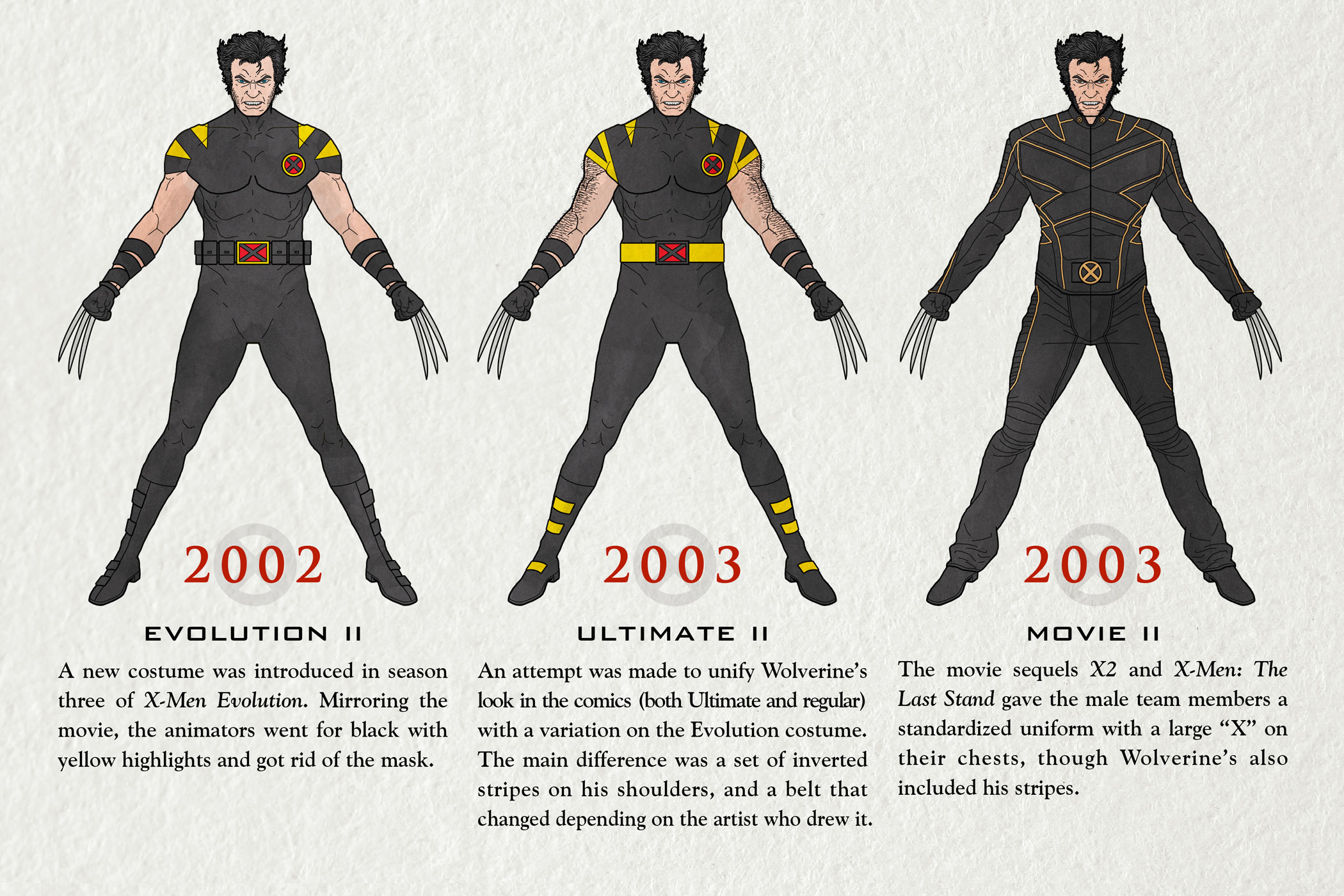
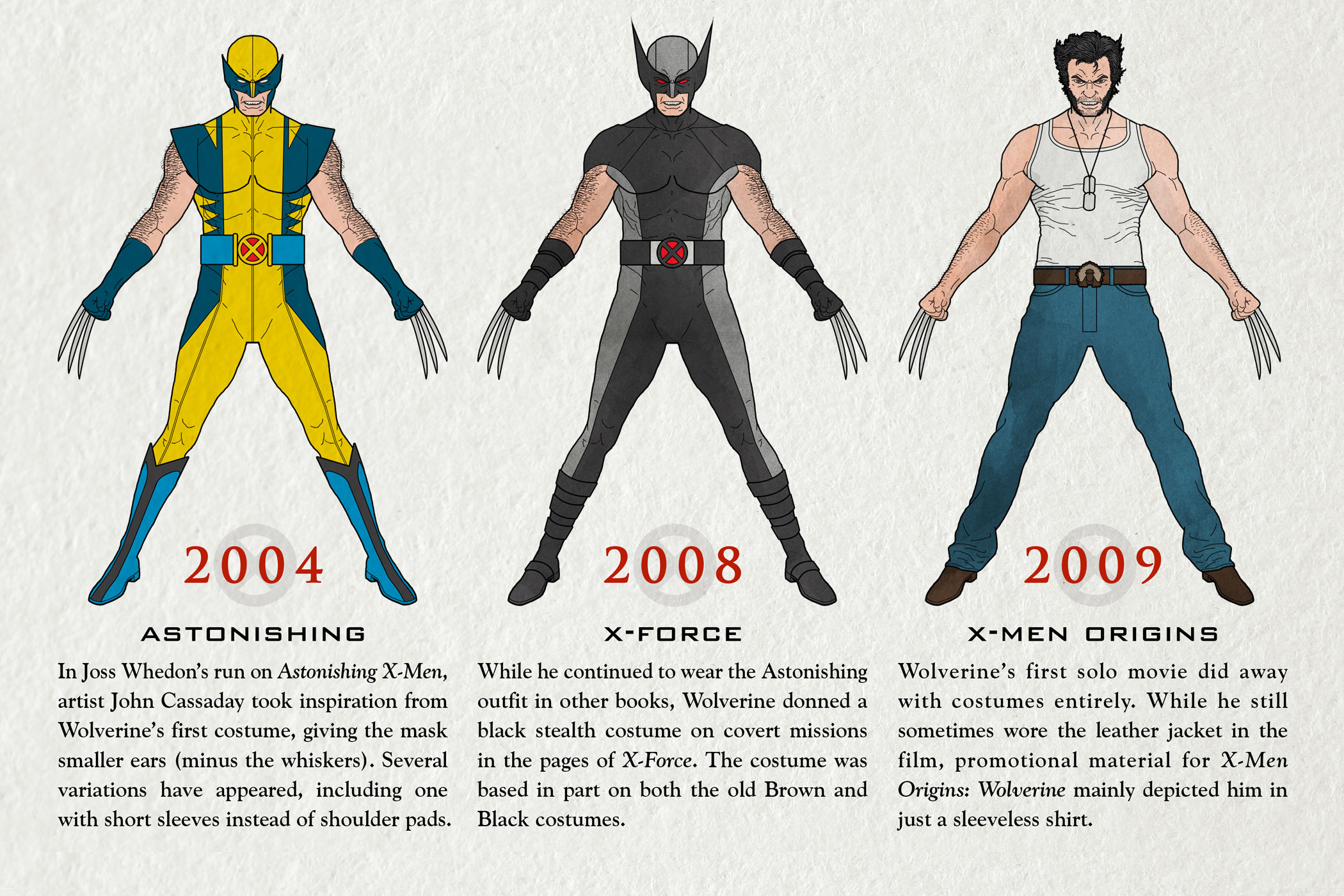
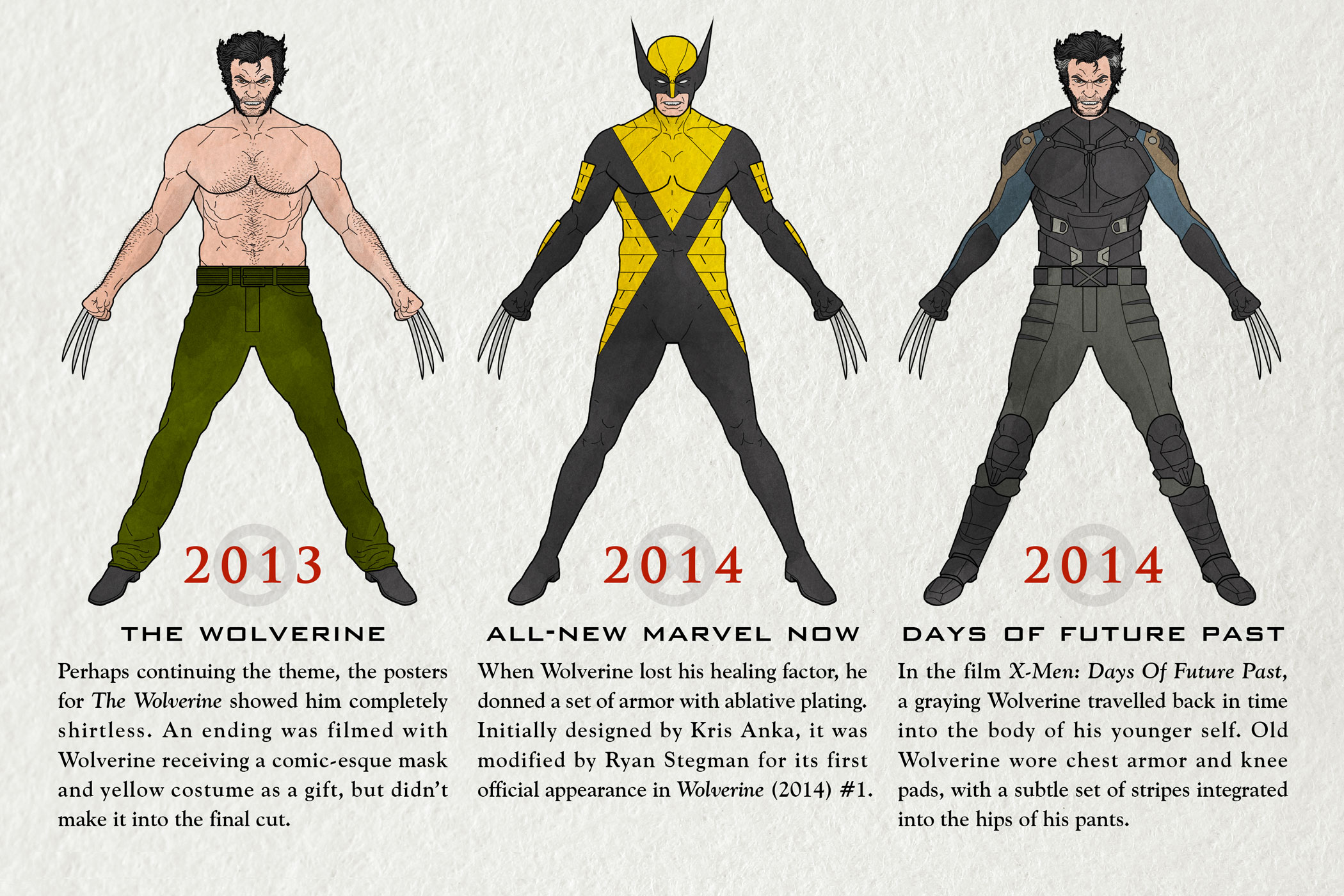
More Must-Reads From TIME
- The 100 Most Influential People of 2024
- Coco Gauff Is Playing for Herself Now
- Scenes From Pro-Palestinian Encampments Across U.S. Universities
- 6 Compliments That Land Every Time
- If You're Dating Right Now , You're Brave: Column
- The AI That Could Heal a Divided Internet
- Fallout Is a Brilliant Model for the Future of Video Game Adaptations
- Want Weekly Recs on What to Watch, Read, and More? Sign Up for Worth Your Time
Write to Eliana Dockterman at eliana.dockterman@time.com